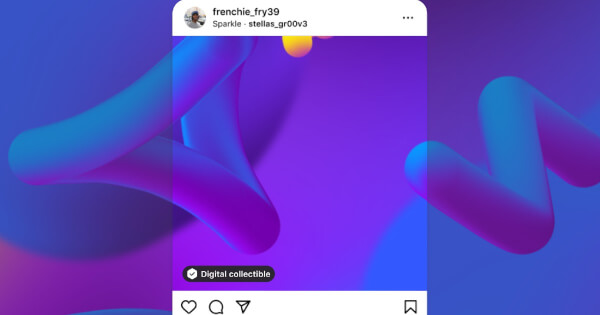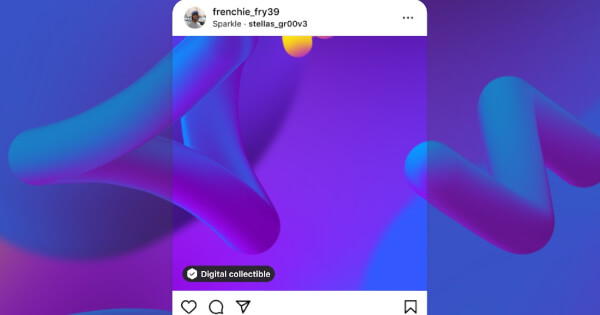
[ad_1]

Meta, the company behind the Quest line of mixed-reality devices, has made an announcement regarding the opening of its operating system to third-party hardware and software development. This move aims to create a more open computing platform for the metaverse and provide consumers with more choice in the mixed reality space.
Partnerships with leading technology companies have been established to bring this vision to life. The partners include Asus, Lenovo, and Microsoft’s Xbox brand. Each partner will collaborate with Meta to develop their own mixed reality devices, leveraging the Meta Horizon OS.
Here is a breakdown of the collaborations:
Asus: The Republic of Gamers at Asus is working on a performance gaming headset. While specific details about the headset are limited, it is expected to prioritize high-definition audio and visuals, with a focus on multiplayer connectivity.
Lenovo: Lenovo, a Chinese tech giant, has previously worked with Meta to develop the Oculus Rift S headsets. Now, they will be leveraging their expertise to create mixed reality devices for productivity, learning, and entertainment.
Microsoft’s Xbox: Meta and Xbox have teamed up to create a limited-edition Meta Quest headset inspired by Xbox. This collaboration builds upon their previous partnership, which allowed users to play Xbox games on a 2D virtual screen within the Quest environment.
These collaborations will expand the range of mixed reality devices available to consumers, catering to different use cases such as gaming, productivity, and entertainment. The Meta Horizon OS will serve as the underlying operating system for these devices, providing access to technologies like eye, face, hand, and body tracking, as well as high-resolution passthrough.
The Meta Horizon OS is the result of a decade of investment in mixed reality technologies by Meta. It combines core technologies for mixed reality experiences with a suite of features that prioritize social presence. The social layer of Meta Horizon OS allows people’s identities, avatars, social graphs, and friend groups to move seamlessly across virtual spaces, enabling shared experiences across different devices.
Developers and creators can take advantage of the technologies offered by Meta Horizon OS to create mixed reality experiences. They can also leverage the content discovery and monetization platforms built into the operating system, such as the Meta Horizon Store.
In addition to the collaborations with hardware partners, Meta is also working on expanding the app ecosystem for Meta Horizon OS. They are removing barriers between the Meta Horizon Store and App Lab, making it easier for developers to release software on the platform. Furthermore, Meta is developing a new spatial app framework to help mobile developers create mixed reality experiences.
Image source: Shutterstock
. . .
Tags
[ad_2]
Source link





Be the first to comment